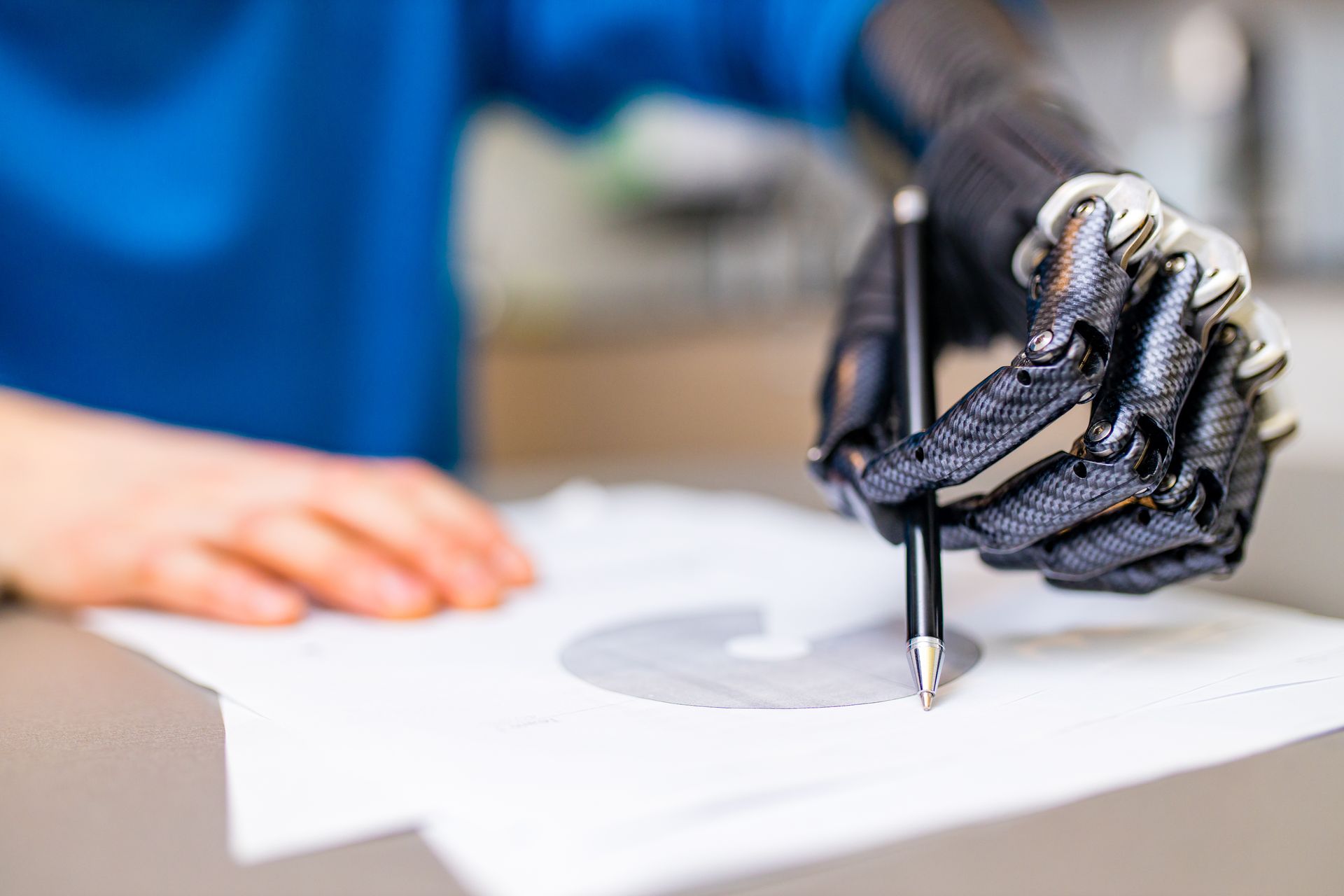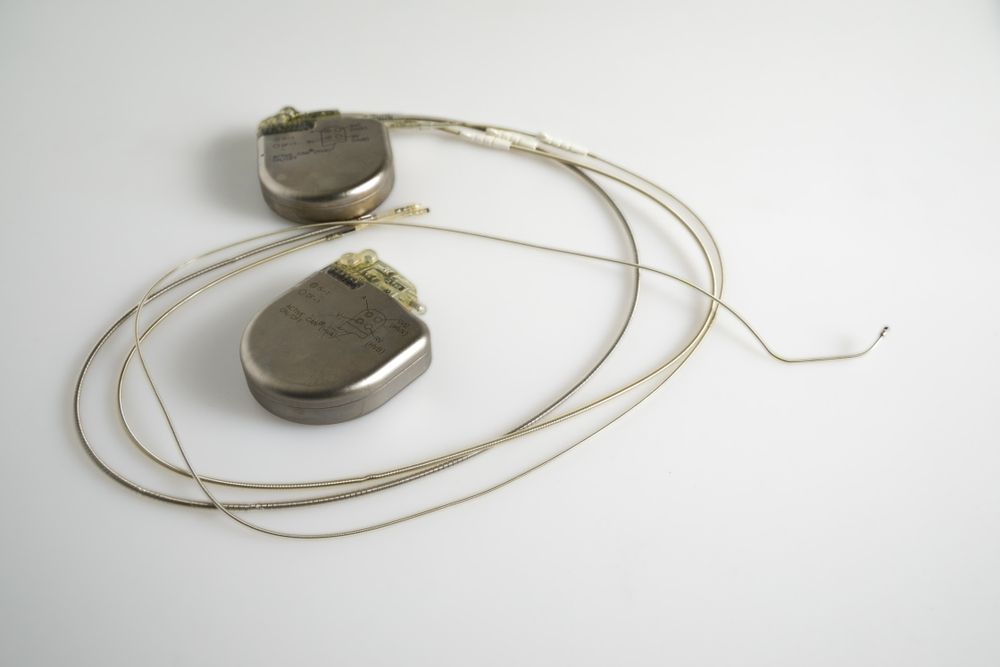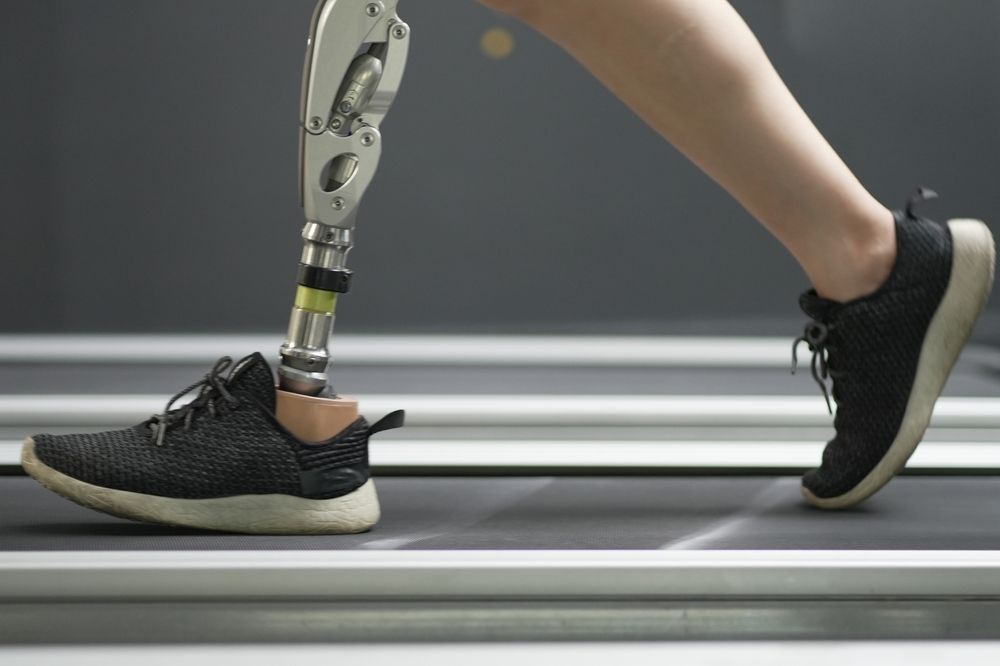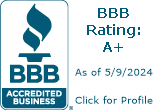Alabama Sales Tax Exemption for Prosthetic Devices
Written by: Matt Soifer

The Alabama sales tax exemption for prosthetic devices allows healthcare providers in the state to purchase prosthetic devices that are billed to a health benefit plan as tax-exempt. This exemption in AL Code 40-9-30(d) has been available for healthcare providers since August 1, 2014. However, many healthcare providers found the exemption difficult to apply in practice because it was extremely time-consuming to document. Agile’s efforts in 2018 to secure a ruling from the Alabama Department of Revenue greatly enhanced the ability for healthcare providers to take advantage of this Alabama sales tax exemption for prosthetic devices. Agile’s original and pioneering ruling was explained in this research bulletin from July 6, 2020, but essentially, we developed a simplified methodology to document the paper trail on how prosthetic devices are purchased by the healthcare provider and then subsequently billed to the insurance plan. Since Agile’s ruling in 2018 and our research bulletin in 2020, we have a few important updates that we want to share.
Recent Guidance from the Alabama Tax Tribunal
There are three components to the sales tax rates throughout Alabama, the state tax, city tax, and county tax. Compared with most other states, Alabama has a unique system of sales tax administration because the cities and counties are authorized to self-administer their own sales tax collections. So rather than having the Alabama Department of Revenue collect and distribute all of the taxes, cities and counties can enforce their collections independent of the Department of Revenue. While some choose this approach, many others have outsourced their collections to a third-party administrator called Avenu Insights & Analytics (formerly known as Revenue Discovery Systems).
For the cities and counties that use Avenu Insights & Analytics as their third-party administrator, Avenu is also responsible for reviewing any refund petitions to recover overpayments of tax that qualify for the Alabama sales tax exemption for prosthetic devices. In reviewing refund petitions submitted for this exemption, Avenu has taken the position that the Department of Revenue’s approved methodology from Agile’s ruling isn’t applicable to the cities and counties. Since this ruling was issued by the Department of Revenue, they are making the argument that this methodology should only apply to the state tax component that is administered by the Department of Revenue, and that the cities and counties can choose a different methodology to satisfy the exemption’s requirements.
The Alabama sales tax exemption for prosthetic devices in AL Code 40-9-30(d) specifically states that the exemption applies to “state, county, and municipal sales, use and rental and leasing taxes”, so in response to the pushback Agile and its clients have received from Avenu Insights & Analytics, Agile submitted an appeal to the Alabama Tax Tribunal to argue that all of the cities and counties must follow the Department of Revenue’s guidance regarding the methodology used to document the exemption. The Tribunal issued an Opinion on April 18, 2023 that agreed with Agile. In referencing Agile’s methodology, the Tribunal judge stated in part “I conclude that the Taxpayer sufficiently proved that the purchases at issue in the refund petitions were “purchased by or on behalf of an individual pursuant to a valid prescription.”
This is a significant update, as it now confirms that the cities and counties must abide by the Department of Revenue’s approved methodology to allow sales tax refunds on any overpayments of tax on prosthetic devices billed to a health-benefit plan.
Localities Mobilizing to Threaten Exemption

There are some indications that the cities and counties are lobbying the Alabama legislature to revoke the Alabama sales tax exemption for prosthetic devices. The Gadsden Times published an article on August 18, 2023 that discussed the challenges faced by the city of Gadsden over a refund petition submitted by Gadsden Regional Medical Center (“GRMC”) to recover overpayments on taxes paid for prosthetic devices. The refund petition submitted by GRMC requested approximately $1.5 million in refunds and this created some fiscal challenges for the City because they did not incorporate these potential refunds into their budget.
As a result, the City Council “passed a resolution calling on legislators, the Alabama League of Municipalities, the Alabama Association of School Boards and the Association of County Commissions of Alabama to join forces to seek clarification of Section 40-9-30 of the state code.” The attorney representing the city of Gadsden was also quoted as saying that the Alabama legislature should “go back and clean up the statute so cities, school boards and counties can make their budgets knowing what kind of money is going to come in and not have to look at paying $1.5 million three years later.”
Gadsden’s initiative in passing their resolution may be the harbinger of a larger movement with the cities and counties in lobbying the Alabama legislature to “clean-up” or even rescind the Alabama sales tax exemption for prosthetic devices. Since the cities and counties are beginning to take notice of this exemption’s impact on their budgets, it is imperative that any healthcare provider currently paying sales taxes on prosthetic devices billed to a health-benefit plan take immediate action in submitting refund petitions to recover the overpayments.
Agile Can Help Set-Up the Exemption Going-Forward
One concern that we often hear from healthcare providers about the Alabama sales tax exemption for prosthetic devices is how they can claim the exemption on future purchases. Agile has helped all of our healthcare clients in Alabama apply for and secure the correct exemption certificate from the Alabama Department of Revenue that allows their vendors to stop billing them taxes on future purchases. Agile has also taken responsibility for contacting the vendors who are billing sales taxes in error on exempt prosthetic devices and providing them with the official exemption certificate to stop billing taxes going forward. One important thing to note about this Alabama sales tax exemption certificate is that it’s only valid for 1-year and needs to be renewed on an annual basis.
Reach Out to Us with Questions
If you have any questions, comments or would like to discuss the specific circumstances you are encountering in regard to this issue or need assistance with a sales tax refund review or any other sales and use tax issue, please contact a member of Agile Consulting Group’s sales tax consulting team at (888) 350-4TAX (4829) or via email at info@salesandusetax.com.

Matthew Soifer
Matthew Soifer, Agile's Principal and Director of Recovery Operations, joined in 2008, progressing from part-time intern to part-owner in 2021. With a comprehensive background in sales and use tax consulting, particularly in healthcare, Matthew holds an MBA from Georgia Tech and is dedicated to sports in his free time.










